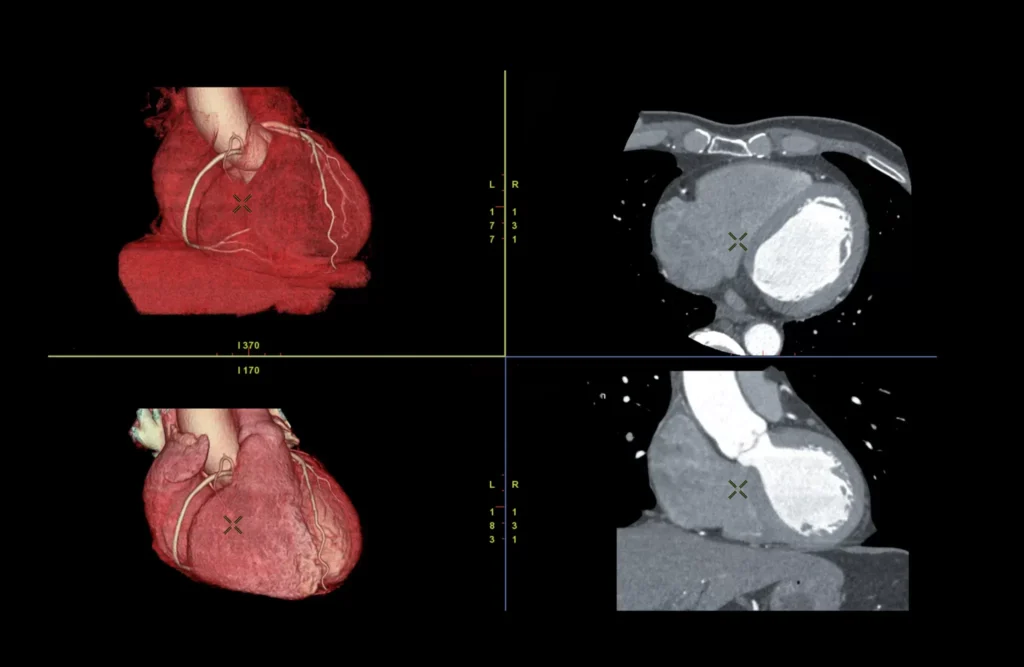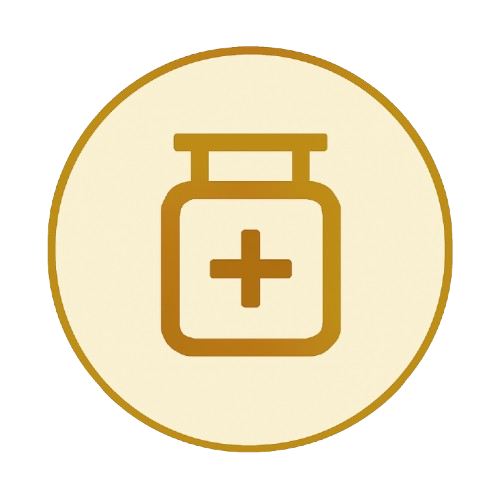Heart injuries can occur due to blunt trauma, penetrating wounds, or complications from medical conditions. Knowing the different types, recognizing symptoms, and understanding treatment options are essential for quick and effective care.

Such as in car accidents or falls, which can bruise or damage the heart muscle.

Injuries from objects like knives or bullets that pierce the chest and directly harm the heart.

Heart damage that can occur due to surgery, infections, or other health conditions affecting heart tissue.

Heart injuries can range from minor bruises to life-threatening tears in the heart muscle. Knowing these common types helps in identifying the injury and getting the right treatment quickly.

This occurs when a strong impact to the chest, such as during a car accident, bruises the heart muscle. It can cause irregular heartbeats and reduced heart function.

This injury happens when an object like a knife or bullet pierces the chest and directly damages the heart tissue. It often requires emergency surgery.

A bruise to the heart muscle caused by trauma, which can lead to swelling, pain, and problems with heart rhythms.

A serious tear in the heart wall, usually following severe trauma or a heart attack. This condition is life-threatening and needs immediate medical attention.
Heart injuries can result from a variety of incidents, ranging from blunt force trauma to penetrating wounds. Knowing these common causes helps in preventing and managing the injuries effectively.

The force from a car crash can cause blunt trauma to the chest, leading to heart bruising or damage.

A heavy blow to the chest from a fall or accident can injure the heart muscle and surrounding tissues.

Stab wounds, gunshots, or other sharp objects can pierce the chest and cause direct about heart injury.

Accidental damage to the heart can occur during chest or heart surgery, leading to serious complications.

Strong punches or impacts to the chest during assaults may cause heart contusions or other injuries.

Infections, inflammation, or diseases can weaken heart tissue, increasing the risk of injury or complications.
Understanding the cause of your heart injury is crucial for determining liability and securing proper compensation.
Heart injuries can lead to lasting complications that affect overall health and quality of life. Some of the most common long-term effects include
Injuries can disrupt the heart’s electrical signals, causing irregular heartbeats that may need ongoing treatment or devices like pacemakers.

Some patients experience persistent chest pain even after healing, which can affect daily life and require pain management strategies.

Heart injury can cause fatigue and breathlessness, tolerance and daily activities. Rehabilitation focuses on gradually improving endurance.

Understanding the various types of compensation available can help ensure you receive fair and complete coverage for your heart injury.

Coverage for all medical costs related to your injury, including hospital stays, surgeries, medications, and ongoing treatment.

Compensation for income lost while recovering, as well as reduced earning capacity if the injury causes long-term disability.

Damages for the physical pain and emotional distress caused by the injury, including effects on daily life and well-being.
Key legal factors that can influence your heart injury claim and the compensation you may receive.

Each state sets deadlines for filing injury claims. Missing these deadlines can bar you from pursuing compensation.

If you are partially responsible for the injury, your compensation might be reduced based on your share of fault.

Prior heart issues or health problems may affect your claim. Accurate medical records and evidence are vital.
The time limit varies by state but is usually between one to three years from the date of the injury. It’s important to file as soon as possible to avoid missing deadlines.
Compensation may include medical expenses, lost wages, pain and suffering, disability benefits, and other related costs depending on the specifics of your case.
Knapp Moss works exclusively on a contingency fee basis, meaning you pay nothing upfront and the firm takes a percentage of any settlement or award. We don’t make any money until we win your case and get you paid.
Case duration varies depending on complexity, insurance negotiations, and court schedules. Some cases settle within months, while others may take years.
By clicking Sign Up, you are confirming that you agree with our Terms and Conditions.